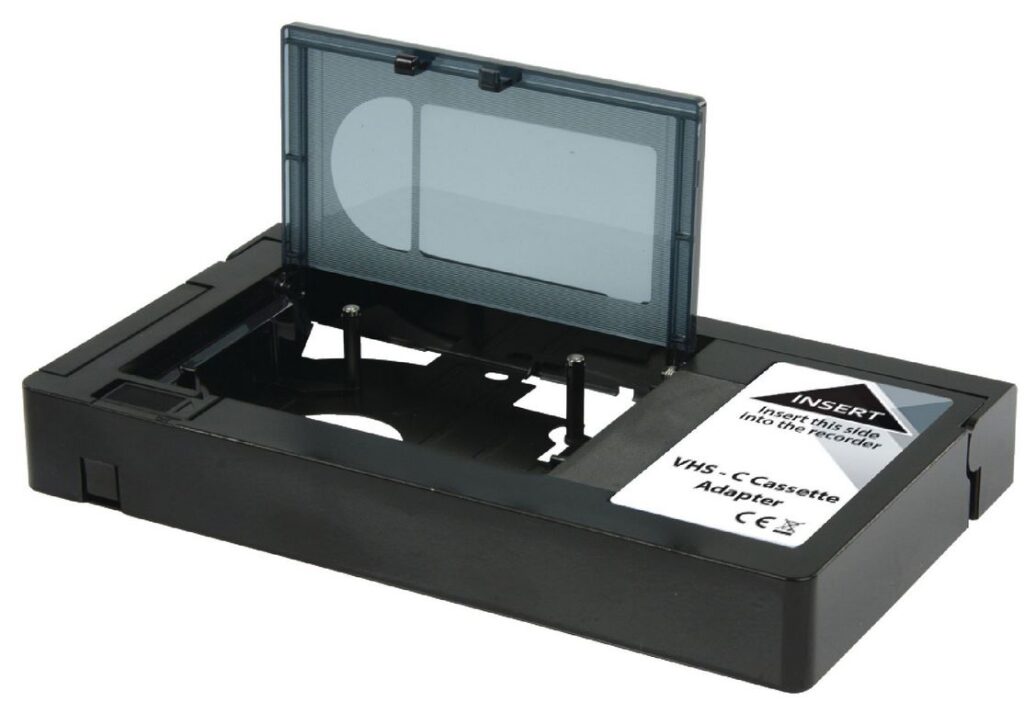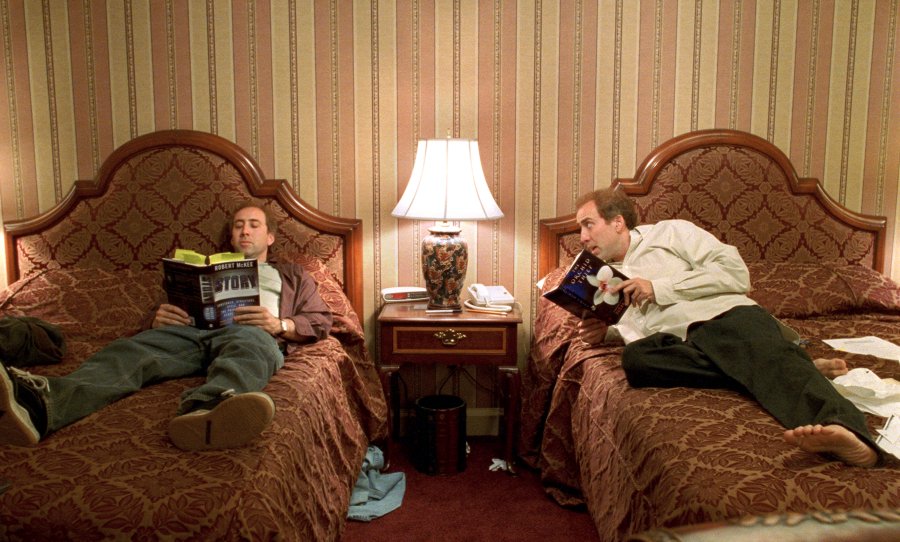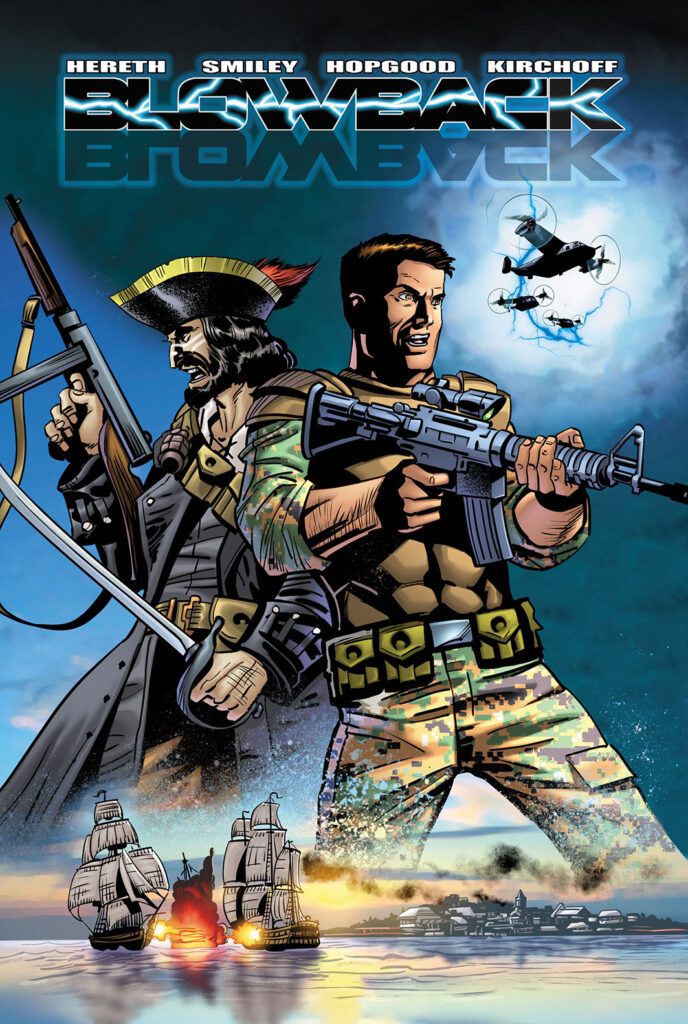
During an email discussion a few weeks ago, regarding some form of chaos or another, my mom remarked about her and my dad that, “We adapt.”
In a year where nothing is the same as it was before, this ability feels like both a necessity and a badge of courage.
Truth is, everything’s always changing, pandemic or not. Sometimes slowly, sometimes overnight. Although I may have instinctual reluctance, I nevertheless know it’s best to be aware and try to adapt to change.
As much as this is true in the real world, it’s also true in the business of writing.
The industry can be hyper conscious of what’s in and what’s out. Do your best to make sure you don’t ever appear out of touch or – god forbid – old.
I’ve talked before about making sure advances in technology don’t undermine your old specs. But your new ones shouldn’t show their age either.
Satellite radio is great for throwing back to the music you were listening to when you were growing up. But you don’t want to put references to Whitesnake or Limp Bizkit in your contemporary stories.

Make a point of listening to new music every once in a while, if you don’t already (they keep making it all the time). Then, if you need to mention an artist or song in your work, you’ll have an easier time coming up with one who isn’t in the AARP.
The same goes for shows, movies, and even actors.
If you happen to get a meeting – virtual or otherwise – a producer or agent might ask who you visualize playing the lead in your project. Be aware of who’s out there making movies and shows today that are either well-reviewed, well-attended, or at least part of the cultural zeitgeist.
You should know that Brad Pitt won’t get cast as your 20-something rebel. Dakota Fanning is no longer viable as an edgy teen. Check the trades regularly. Watch new shows, or at least read about them. Don’t fall behind.
Even screenplay formatting can reveal if you’re out-of-touch. Ten years ago (and all the years before that), you put two spaces after a period. Now it’s one. I’m not a fan, but I don’t make the rules. Still, I do try to follow them.
There are websites out there that regularly make recent screenplays available for download. Find some and see how the formatting looks. You might be surprised.
Obviously, you want to make sure your story is what’s drawing the reader’s attention – the twists and turns of the plot, the crackle of the dialogue, not the distracting formatting or outdated pop culture references.

Stay current.
For aspiring television writers, the rule used to be that you had to write a spec of an existing show, that was similar to the one you were trying to get staffed on, but was definitely not a script for that show itself (while simultaneously hoping the series you wrote the episode of didn’t get cancelled before you had a chance to circulate it).
Now, original pilots are all the rage for writing samples.
At least they were. You should check and see if that’s changed as well. Maybe they’re just looking for interpretive TikTok dance videos these days.
I think you’ve probably picked up on the theme by now. If you want to stay viable, you have to adapt and surrender to change.
The calendar is willing, able, and about to do the same. Follow suit.
________________________________________________________

Jim Hereth‘s latest project is his debut action/adventure graphic novel, Blowback, available now at Amazon and comiXology.
![[TEXTSMITH] BLOG](https://blog.jameshereth.com/wp-content/uploads/2016/07/cropped-cropped-BulbsPlus.jpg)